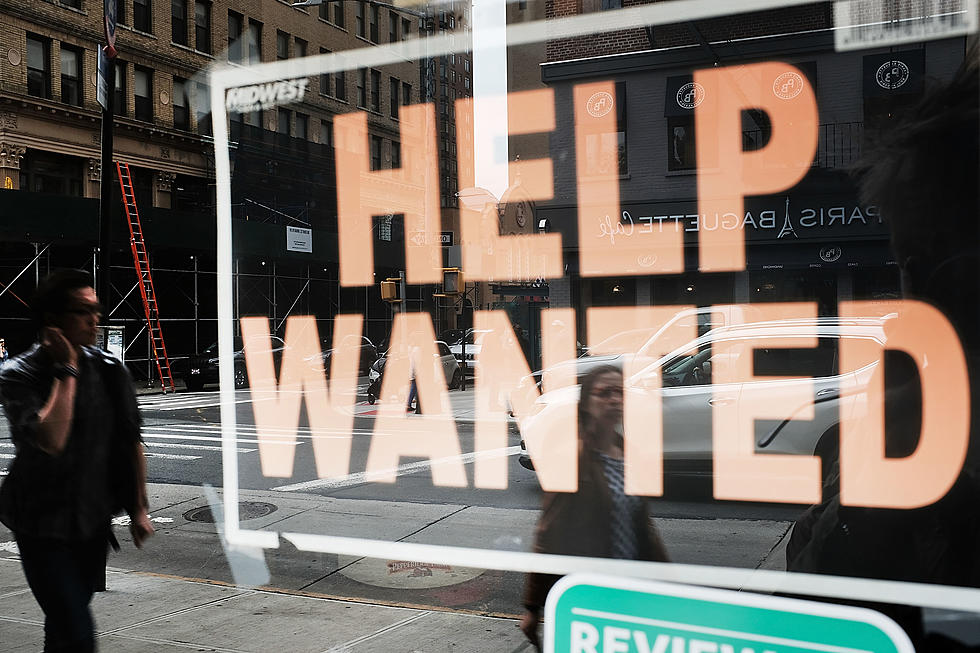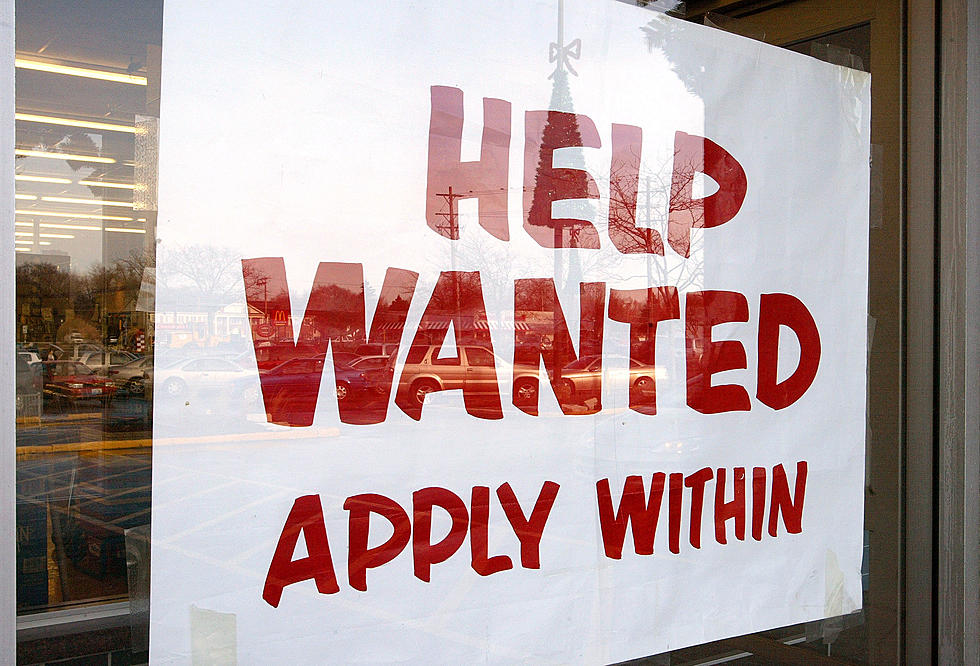![Avoiding Workplace Drama During Summer [AUDIO]](http://townsquare.media/site/385/files/2013/06/workplace-drama.jpg?w=980&q=75)
Avoiding Workplace Drama During Summer [AUDIO]
Employers tend to create a more relaxed work environment during the summer months, but they shouldn't be too carefree. The same warning goes to employees.
Certain challenges can arise with the changing of the season. For example, many companies like to introduce a "summer casual" or business casual dress code with the warmer weather. That code can be open to interpretation, though, unless solid boundaries are set at the start.
"Very often, what is business casual to someone is totally inappropriate to someone else," said Kathleen McLeod Caminiti, a partner with labor firm Fisher & Phillips in Murray Hill, New Jersey.
She said an employer's best approach is setting ground rules before things can get out of hand, and all rules must apply to both genders.
"It's important to set the ground rules at the beginning so nobody feels that they are targeted," Caminiti added, nothing that sexual harassment claims spike during the summer months.
Vacation requests can be another obstacle. The summer typically brings many requests for vacation that could potentially leave an unprepared employer understaffed. They still have a business to run, though, and a solid mechanism should be in place to approve paid time off requests.
The same can be said for half-days. Everyone in the office can't decide they're going to leave early on Friday without sharing that information.
Employers also want to be careful with how they administer internships. According to Fisher & Phillips, there's a growing trend of former interns filing lawsuits, seeking unpaid wages for hours worked. The U.S. Department of Labor has very strict rules against unpaid interns in the "for-profit" sector unless certain stringent criteria are met, and New Jersey imposes additional criteria of their own.
"It's a good time to look at your policies...to remind yourself and your employees of those policies," said Caminiti.
More From New Jersey 101.5 FM









